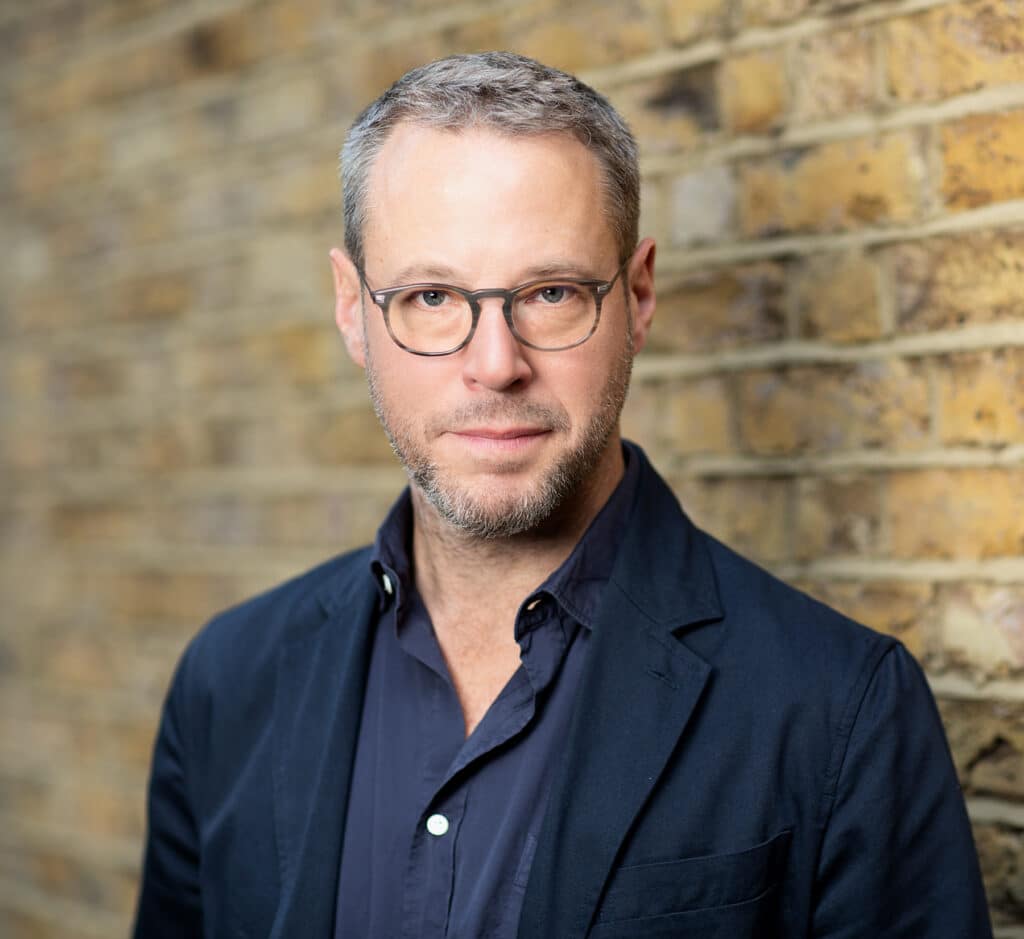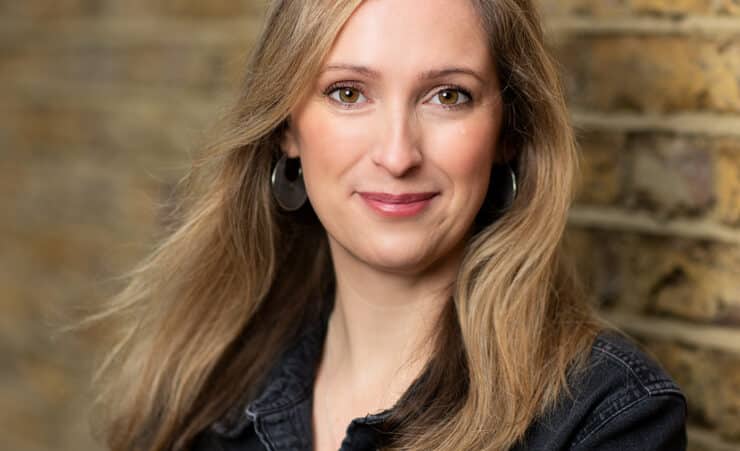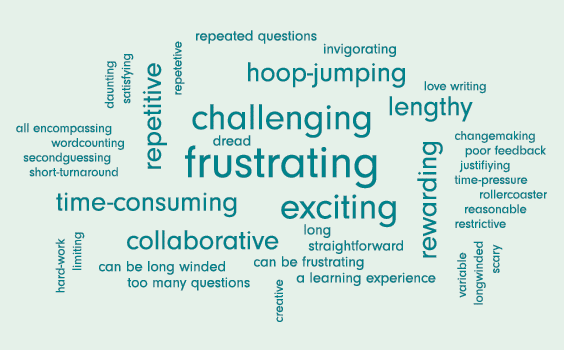
Seeing with an applicant’s eye
15 weeks ago, we proposed five principles to guide funders in rising to the challenge of the unfolding Covid-19 crisis: be bold, be generous, be genuinely flexible, be available, be reassuring.
Since then, we have seen genuinely progressive practice. Some have transformed their relationship with grantees, dismantling onerous reporting structures and proactively offering a range of financial and technical support. Others have overhauled their application processes, streamlining application forms, and radically speeding up decision making. More are testing the waters of unrestricted funding. Some have even publicised their willingness to meet fundraising costs in support of the effort to keep going. This new mood of agility, trust and common endeavour points the way to a healthier and more collaborative relationship between funders and the VCSE sector. We have seen what is possible in an emergency.
The challenge now – to both funders and the sector – is to nurture and grow these new behaviours into the future. A future that, as far as the eye can see, is likely to be characterised by uncertainty and unpredictability. A future that will require, therefore, sustained commitment to flexibility and creative adaptation. So, it is worrying that some VCSE organisations report signs of wobble and strain, even in the most open and agile of funders. Many of these concerns sit in the detail of application processes, not in the big strategic questions around ‘who we want to fund and why’.
Too much risk is still being delegated: VCSE organisations are dealing with very short application windows for emergency funds, undeclared opening and closing dates, and funds closing early: ‘It’s incredibly undermining. It’s like they think we don’t have to plan because we have nothing else to do’; ‘Honestly, it would be as helpful to ask us to write poem or a short story at the moment as it is to ask us to give a three-year projection’.
Application processes do not reflect the times we are facing: Application forms are losing their internal coherence and slipping out of proportion to the sums of money or the duration of grant:
‘I’ve just finished an application to a major national funder for 18 months funding. There were 18 substantive questions on top of all the usual organisational stuff. That’s a lot in itself. But most questions contained two or three sub-questions. I think I had to answer more than 50 questions in all’.
Many grants remain at least semi-restricted: Many short-term grant offers do look and feel more ‘general’. But not enough funders are offering complete flexibility to adjust in response to changing circumstances without coming back for permission:
‘Everything is changing so fast, the only way to survive and keep our services running is to be flexible. If funders believe we are ethical and competent, why wouldn’t they trust us to spend the money well?’.
Some grants staff are struggling: Even the best of published policies rely on how they are interpreted and implemented by grants staff:
‘All over their website, they talked about trust and flexibility – but the grants officer behaved just like they always do, asking for loads of addition information and insisting that we justify every detail, then not getting back to us when they said they would’.
Criteria don’t seem to be changing and continue not to be shared: Especially in the context of longer-term funding bids, VCSE organisations don’t know how they will be judged. What will be done with their answers to questions about their Covid-19 response: ‘Whatever we write now will be out of date long before any decision is made’. What do funders think a ‘good reserves level’ or ‘sound financial management’ is, in the wake of Covid-19? What are they expecting in terms of forward plans and projections?
Application processes are unwittingly restrictive and unhelpful. Application information is unwieldy or dispersed: ‘I often have to sign up for an account, copy and paste all the application questions into a Word document, then copy in information from several different guidance documents before I can start thinking about whether we can make a strong application’. Online forms are full of fiddly detail that is slow to complete: ‘I get it – funders need to be able to analyse application data. But are they really using all these individual boxes we’re filling in?’ And word limits are too tight: ‘Funders can’t realise how much time is wasted shaving words – we don’t have that time right now’.
Perfection is impossible right now. Like everyone, funders are learning how to live with uncertainty and working hard to adjust day-to-day practices to make the best contribution they can. But, for the foreseeable future, responding better doesn’t call for major strategic reviews or complex analysis and consultation. All it takes is a commitment to see with an applicant’s eye and a willingness to shoulder more of the burden of responding to the current crisis and getting funds out to those who need them most and can use them best. Even the trail blazers amongst foundations can hone their practice. And for those who have struggled to adapt, a few simple changes could make all the difference.
We would suggest five simple and practical ways to help lighten the burden. These actions can help to ensure that the progress made at a moment of crisis is sustained, and that practice doesn’t slip back as we enter an extended period of recovery and renewal.
- Drill down into your funding offer so that it is crystal clear. Ask only the questions you need to ask – and test them rigorously for clarity and overlap.
- Set achievable timetables – and stick to them. VCSE organisations need to plan too. And speed up your response time. Take the pressure off hard-pressed organisations by taking more on your own shoulders – by, for example, convening additional committee meetings, bringing in more assessment capacity, giving proper feedback to those you turn down.
- Think about how to ease the application process – corral your guidance, prune out rarely used data fields from your online forms, test and build in 20% leeway on your word limits, and introduce new, easier ways of hearing from applicants who are already under pressure.
- Be open about how applications will be judged. Show your workings and explain why. Invite challenge and consider new ways of making hard choices.
- Support your staff well. New behaviours will not take root unless they are properly encouraged and rewarded.
While it may be too soon for definitive answers on longer-term strategy, there is a real opportunity for a more collaborative approach to rethinking the future and, in particular, funding practices, many of which may no longer be fit for purpose. Over the coming months, we’ll be working on a new project with London Funders, a group of eight foundations, and VCSE organisations across the UK to identify opportunities for sustainable adaptations and innovations to funding processes and practices.


